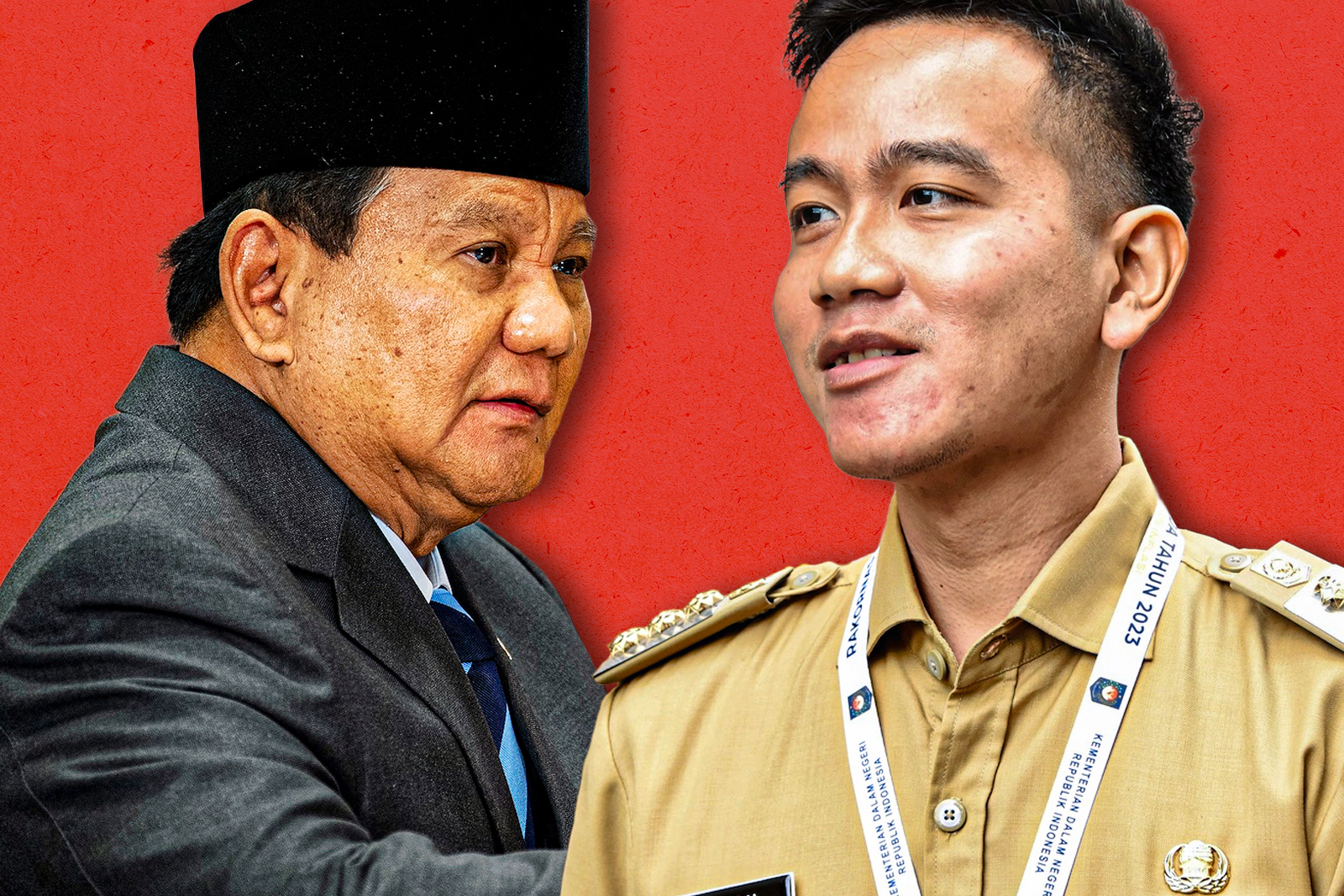
Nepotism Threatens to Derail Indonesia’s Democracy
The presidential election campaign in Indonesia has commenced with the usual fervor befitting the world’s third-largest bastion of democracy. However, as the nation nears its sixth democratic election since the fall of the Suharto dictatorship in 1998, its 25-year-old democratic tradition is encountering an unparalleled challenge from within its own executive branch, specifically from President Joko Widodo.
Widodo, colloquially known as ‘Jokowi,’ retains his popularity as he approaches the end of his second term allowed by the constitution, which limits presidents to two terms. Rather than orchestrating a dignified exit at the end of his term next year, Jokowi seems intent on establishing a familial political dynasty. He has positioned his eldest son, Gibran Rakabuming Raka, as a vice-presidential candidate alongside the polarizing Defense Minister Prabowo Subianto.
The youthful Gibran, only 36, initially did not meet the constitutional age requirement for the candidacy of 40 years. However, a controversial eleventh-hour judgment by the Constitutional Court, delivered with a tie-breaking vote from Chief Justice Anwar Usman—who is, by no small coincidence, Jokowi’s brother-in-law—has rendered him eligible.
This development is without precedent in Indonesian political history, marking the first instance of a president’s child being advanced as a successor for the nation’s vice presidency or presidency.
Conversations with various individuals who have collaborated with Jokowi over the past decade, as reported by Reuters, reveal a sentiment of profound disillusionment with a leader who once epitomized a break from Indonesia’s elitist leadership lineage.
Foreign Policy magazine observes that Jokowi, once celebrated as a refreshing outsider and a harbinger of change, seems to be defaulting to the archetypal strategies of the country’s entrenched oligarchy in a bid to maintain his sway beyond his presidential term.
This regression suggests that Indonesia may be backsliding. The Indonesian public, who had long hoped to have left nepotism and corruption behind, now finds these issues once again cast in the limelight under Jokowi’s governance.
2019 saw the nation’s legislative body, the DPR, engage in debates over a contentious bill that threatened to cripple the anti-corruption authority, the KPK. Transparency International implored the DPR to dismiss the bill. Nevertheless, Jokowi and his cabinet maintained a conspicuous silence during the debate, a stance for which former minister Rizal Ramli admonished the president, arguing that Jokowi should have employed his presidential powers and influence to dissuade the legislature from enacting the bill.
Jokowi’s inaction, however, resulted in the bill’s passage, significantly weakening the KPK’s anti-corruption efforts. This has led to an exacerbation of corruption, plunging Indonesia to its lowest rank since the Suharto regime in Transparency International’s Corruption Perception Index for 2022.
The decision to partner Jokowi’s son with Prabowo Subianto has also stoked controversy. Subianto, a former special forces commander and the present Defense Minister, has a history shadowed by allegations of human rights violations and has authoritarian leanings. He is accused of involvement in the kidnapping of student activists in 1998 and rights abuses in Papua and East Timor. The allegations are unproven and Subianto has always denied any responsibility. Between 1997 and 1998, when some kidnappings took place, Subianto led an elite army force known as Kopassus, used by Jakarta for special operations aimed at tamping down internal unrest under Suharto.
Subianto hails from an influential Indonesian family with historical political connections, but his selection of Gibran as a running mate has triggered a voter backlash, evidenced by a dip in his previously leading poll numbers.
In a country where nepotism is often conflated with graft and collusion, the public’s outcry against these political maneuvers is becoming increasingly pronounced.
Trailing in third position is Anies Baswedan, who, while himself the grandson of a cabinet minister, is courting the Islamic vote.
Currently in the lead is Ganjar Pranowo, the pro-democracy, anti-corruption former governor of Central Java, with a strong track record of helping lift one million people out of poverty during his decade in office. According to Foreign Policy, Ganjar, “the son of a humble policeman,” is the only candidate to have not benefited from nepotism.
It seems there is still hope for Indonesia. The election may be three months away, but the choices are becoming quite stark and the stakes more important for its democracy.

